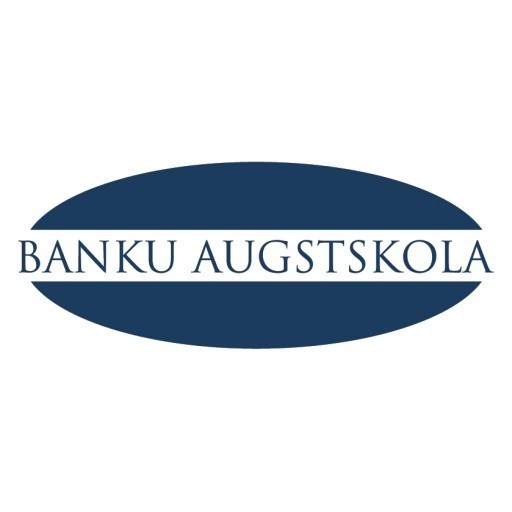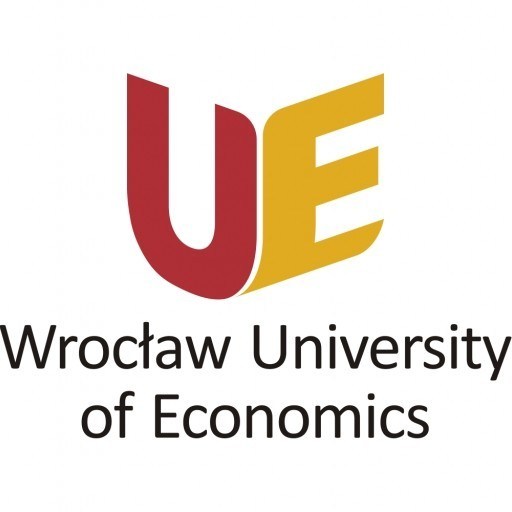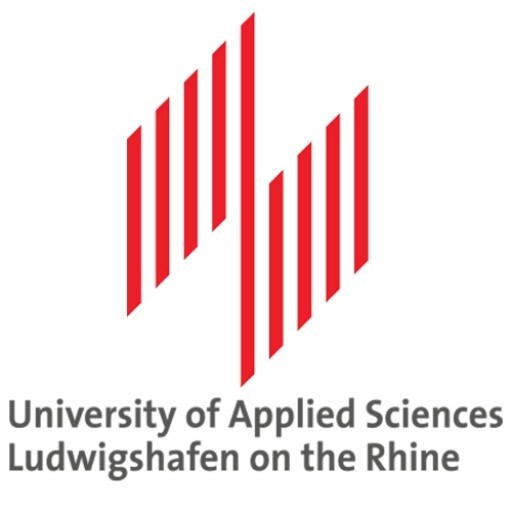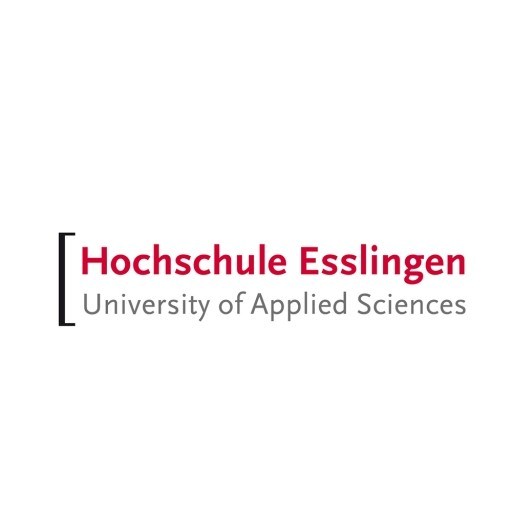The Bachelor of Science in Finance with Professional Certification in CIMA at the School of Business and Finance is a comprehensive undergraduate program designed to equip students with a strong foundation in financial theories, practical skills, and professional standards necessary for success in the dynamic world of finance. This programme combines rigorous academic coursework with specialized professional training, offering students an unparalleled opportunity to pursue the globally recognized Chartered Institute of Management Accountants (CIMA) qualification alongside their undergraduate degree. Throughout their studies, students will explore core areas such as corporate finance, financial management, investment analysis, risk assessment, and strategic decision-making, preparing them to analyze complex financial data and offer valuable insights in various business contexts.
The integration of CIMA certification within the curriculum ensures that graduates are not only academically proficient but also possess the practical competencies required by employers in finance, accounting, and management roles worldwide. Students will engage in case studies, simulations, and real-world projects that foster critical thinking and problem-solving skills, enabling them to adapt to rapidly changing market conditions. Additionally, the programme emphasizes ethical considerations and sustainability in financial practices, aligning with modern trends and responsibilities expected of finance professionals.
Designed for students aspiring to become Chartered Management Accountants or finance specialists, this degree provides a seamless pathway to advance their careers through accredited professional recognition. The faculty comprises experienced educators and industry practitioners committed to mentoring students and providing insights into current financial practices and regulatory environments. Upon graduation, students will be well-prepared for positions such as financial analyst, management accountant, investment advisor, or to continue their professional development by pursuing full CIMA membership.
In summary, the Bachelor of Science in Finance with CIMA certification offers a unique blend of academic excellence and professional readiness, developing versatile, competent, and ethical finance professionals ready to meet the demands of today’s global economy. Joining this programme means gaining access to a robust curriculum, industry connections, and a pathway to a distinguished career in finance and management.
The Bachelor of Science in Finance with CIMA Certification program at the School of Business and Finance offers a comprehensive curriculum designed to prepare students for successful careers in the dynamic field of finance and management accounting. The program combines rigorous academic coursework with professional development opportunities, equipping students with both theoretical knowledge and practical skills. Throughout the program, students delve into core financial principles, including financial analysis, risk management, investment strategies, and corporate finance. Special emphasis is placed on strategic planning, decision-making, and ethical considerations in finance, ensuring graduates are well-prepared to navigate complex financial environments.
An integral component of the program is the alignment with CIMA (Chartered Institute of Management Accountants) accreditation standards. The coursework prepares students for CIMA exams, which are recognized globally as a benchmark of excellence in management accounting and business strategy. Students will undertake modules designed to develop competencies in management accounting, business strategy, financial reporting, and performance management, providing a solid foundation to attain CIMA certification upon graduation.
The program also promotes practical learning through case studies, group projects, and internships, enabling students to apply theoretical concepts in real-world settings. Interaction with industry professionals via seminars and networking events exposes students to current trends and opportunities in the finance sector. Furthermore, the curriculum emphasizes the development of critical soft skills, such as leadership, communication, problem-solving, and ethical decision-making, which are crucial for managerial roles.
Graduates of this program will be equipped to pursue positions such as financial analyst, management accountant, financial planner, or roles within corporate finance departments. The program's integration of CIMA certification pathways enhances employability and career advancement prospects, making graduates highly competitive in the global job market. With a strong focus on comprehensive financial education and professional readiness, the Bachelor of Science in Finance with CIMA at the School of Business and Finance provides an ideal foundation for students aspiring to excel in the finance industry's ever-changing landscape.
Program Requirements:
Applicants must possess a minimum of an upper second-class Bachelor's degree or equivalent from a recognized university. Prior tertiary education in finance, accounting, or related fields is generally preferred but not mandatory. Candidates with substantial relevant work experience in finance, accounting, or similar disciplines may be considered on a case-by-case basis through a recognition of prior learning process. Proficiency in English language is required, demonstrated through standardized tests such as IELTS or TOEFL, with minimum scores set by the university. The program demands a strong analytical aptitude, quantitative skills, and the ability to interpret financial data effectively. Candidates are expected to have a basic understanding of financial accounting principles and management concepts. Applicants must submit a completed application form along with official academic transcripts, curriculum vitae, and a personal statement outlining their motivation and career aspirations. References from academic or professional referees may be required to support the application. Additionally, some cohorts may require applicants to attend an interview, either in person or virtually, to assess their suitability for the program. All applicants are advised to review specific admission criteria on the university’s official website, as requirements may vary based on the applicant's country of origin or educational background. The program encourages applications from candidates demonstrating leadership qualities, motivation for professional development, and a keen interest in pursuing strategic or managerial roles in finance. It is recommended that prospective students possess a foundational knowledge of business environments and possess competent communication skills to engage effectively in coursework and collaborative projects during their studies.
The Finance program at the School of Business and Finance offers students comprehensive knowledge and skills necessary for a successful career in financial management, investment analysis, and corporate finance. The program emphasizes practical applications of financial theories, allowing students to develop strong analytical and decision-making abilities. Students gain insights into various aspects of finance, including financial reporting, risk management, financial markets, and investment strategies. The curriculum is designed to prepare graduates for careers in banking, investment firms, corporate finance departments, and financial consulting agencies. In addition to core courses, students have opportunities to specialize in areas such as asset management, financial planning, or risk assessment. The program integrates case studies, simulations, and internships to enhance practical understanding. Tuition fees vary depending on the student's nationality and residency, with international and local students paying different rates. The university provides financial aid options, scholarships, and grants for qualifying students based on academic performance and financial need. Payment plans are available to help students manage their tuition costs over an academic year. The program promotes the development of professional competencies aligned with industry standards, including ethical considerations in finance, regulatory frameworks, and use of financial software. Graduates are well-equipped to meet the demands of the competitive financial sector, with some pursuing further certifications such as CFA or FRM to advance their careers. The university also offers part-time and online learning options for working professionals interested in expanding their financial expertise. Overall, the program's financing structure, combined with supportive financial aid offerings, makes it accessible and attractive to students aiming to excel in the field of finance.
The university offers a comprehensive programme in CIMA and Finance designed to equip students with the essential skills and knowledge for successful careers in finance, accounting, and management. The programme integrates core principles of financial management, strategic decision-making, and professional accounting practices, aligning with internationally recognized standards. Students will gain practical experience through case studies, simulations, and internships, preparing them for roles in various sectors including corporate finance, consultancy, and public sector organizations. The curriculum covers key topics such as financial analysis, management accounting, cost control, and strategic planning, providing a solid foundation for advanced study and professional certification.
The CIMA component of the programme focuses on developing competencies aligned with the Chartered Institute of Management Accountants, emphasizing managerial and strategic aspects of accounting. Students will be trained in areas like business strategy, risk management, and performance measurement, enabling them to contribute effectively to organizational decision-making processes. The finance element complements this by providing insights into financial markets, investment analysis, and financial reporting, ensuring graduates possess a well-rounded understanding of financial systems and controls.
The programme is delivered through a combination of lectures, workshops, and online modules, facilitating flexible learning that adapts to students’ needs. Small class sizes ensure personalized attention and active student participation. Assessment methods include examinations, coursework, and project work, designed to evaluate both theoretical knowledge and practical skills. The faculty comprises experienced professionals and academics who bring real-world insights into the classroom, fostering an engaging learning environment.
Students are also encouraged to undertake professional internships with partner organizations, enhancing their employability and providing opportunities to apply academic concepts in real-world situations. Upon graduation, students are well-prepared to sit for CIMA exams, and many progress directly into roles such as financial analyst, management accountant, or audit associate. The programme's strong industry links and dedicated career services support students throughout their studies and assist with job placement after graduation.
In addition to technical skills, the programme emphasizes leadership, communication, and ethical decision-making, ensuring graduates are equipped to face the challenges of modern business environments. Overall, this degree programme offers a robust pathway into the finance and management profession, fostering the development of strategic thinkers and responsible financial leaders.










